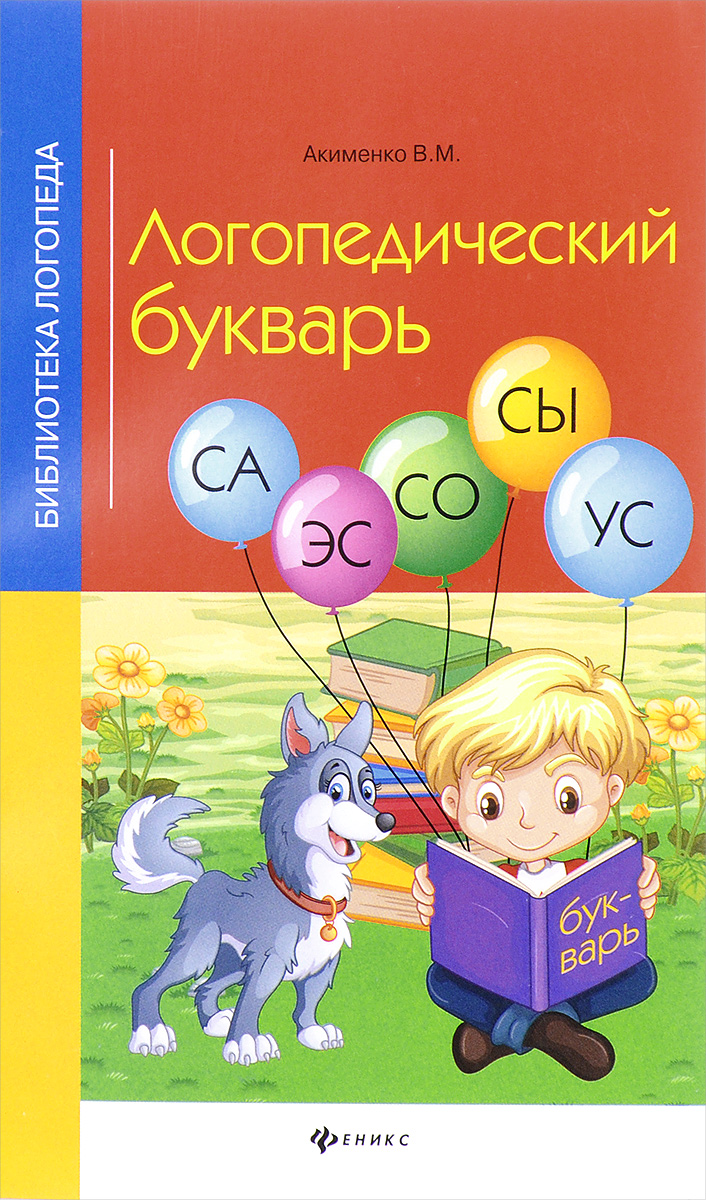
Grazhdanskij Kodeks Kazahskoj Ssr Obschaya Chastj
4.Zakon Turkmenistana ot 14 maja 1981 goda «Ob utverzhdenii Polozhenija ob advokature Turkmenskoj SSR». 5.Kodeks professional'noj jetiki advokatov Grecii ot 4 janvarja 1980 goda («Kodex Deontologias»).
In the framework of EurAsEC The article is devoted to researching the formation of the legal framework of the Customs Union within Eurasian Economic Community. The author are showing the main characteristics of the Customs Union and some legal problems of its activity. Based on the analysis legal acts are suggesting the ways of improving the enforcement of the regional integration within the Community towards a common economic space.
The are a great role of the full harmonization of the national legislation to achive the intended purpose. Timed to coincide with the tenth anniversary since the establishment Community. Approaches to the determination of the essence of the legal dispute This paper considers the scientific approaches to the determination of the essence of a legal dispute.
The author generalizes the ideas and determines the basic concepts of this problem. The paper contains the analysis of the scientific views, the author’s specific criticisms and evidentiary arguments. As a result, the author joins the point of view according to which the essence of a legal dispute should be interpreted as a conflict on rights and obligations or legally protected interests. The author draws a conclusion that a legal dispute is formed when clash of interests of the parties reaches the aggravation limit when it is revealed, at least, in the declaration of will by one of the parties on protection of rights or legally protected interests. NGOs in the International Law and the United Nations The breakdown of the Soviet Union saw ever increasing activity of non-governmental organizations (NGOs) in the international arena. Acting through intergovernmental organizations, NGOs played vital role in setting world politics and developing new international norms. Moreover, civil society institutions were believed to shape democratic character of international organizations, make them more responsive to global challenges and capable of influencing world politics through acting in blocks.
Such a global involvement of NGOs inevitably draws attention, among others, to the need of defining both legal conditions of NGOs according to international law and their role in international organizations, such as the United Nations, the European Union and Council of Europe. Driving its bases from the arguments, the current paper aims firstly at highlighting international norms specified in the UN Charter and like documents concerning NGO activities, and secondly exploration of NGO participation at the United Nations, by using theories of corporatism, functionalism and pluralism to better understand between NGOs and international organizations.
The overall goal of the paper is to establish a theoretical link between the international law and NGO participation at the United Nations. Some aspects of the specific application of civil law court In article the author considers specificity of application of civil-law norms court. Schelkunoff electromagnetic waves pdf manual.
Wolverine tokyo fury full screen. National innovation system of Russia: effective legal framework The article deals with peculiarities of legal regulation of the national innovation system. The author assumes that the transition to an innovative path of development requires the maximum use of the legal regulation of intellectual activity results, intellectual property.
However, the existing legal framework for the creation and use of intellectual property also needs to be improved. National innovation system is regarded as the structural system of innovation development, which is based on intellectual property rights to the results of intellectual activities, ensuring an effective civilian turnover, as well as preserving and protecting interests of the right holders. The subject of rent agreement as an essential condition The article is devoted to the research of subject of rent agreement as one of essential clauses. Here are analyzed such concepts as «property» which are offered in scientific literature. It was concluded, that the subject of rent agreement can be things (both movable and immovable), cashes and certificated securities. Thus distinctions of the legal mode of property which can be the subject of rent agreement predetermine the features of order of transfer (alienations) of one or another property under payment rent. Historical and legal aspects of liability for crimes against property in the criminal law in 1960 The main factors and conditions influencing, on the author’s opinion, on the establishment and change of criminal responsibility for the encroaching on the property in the latest Criminal Code of RSFSR are expounded in the article.